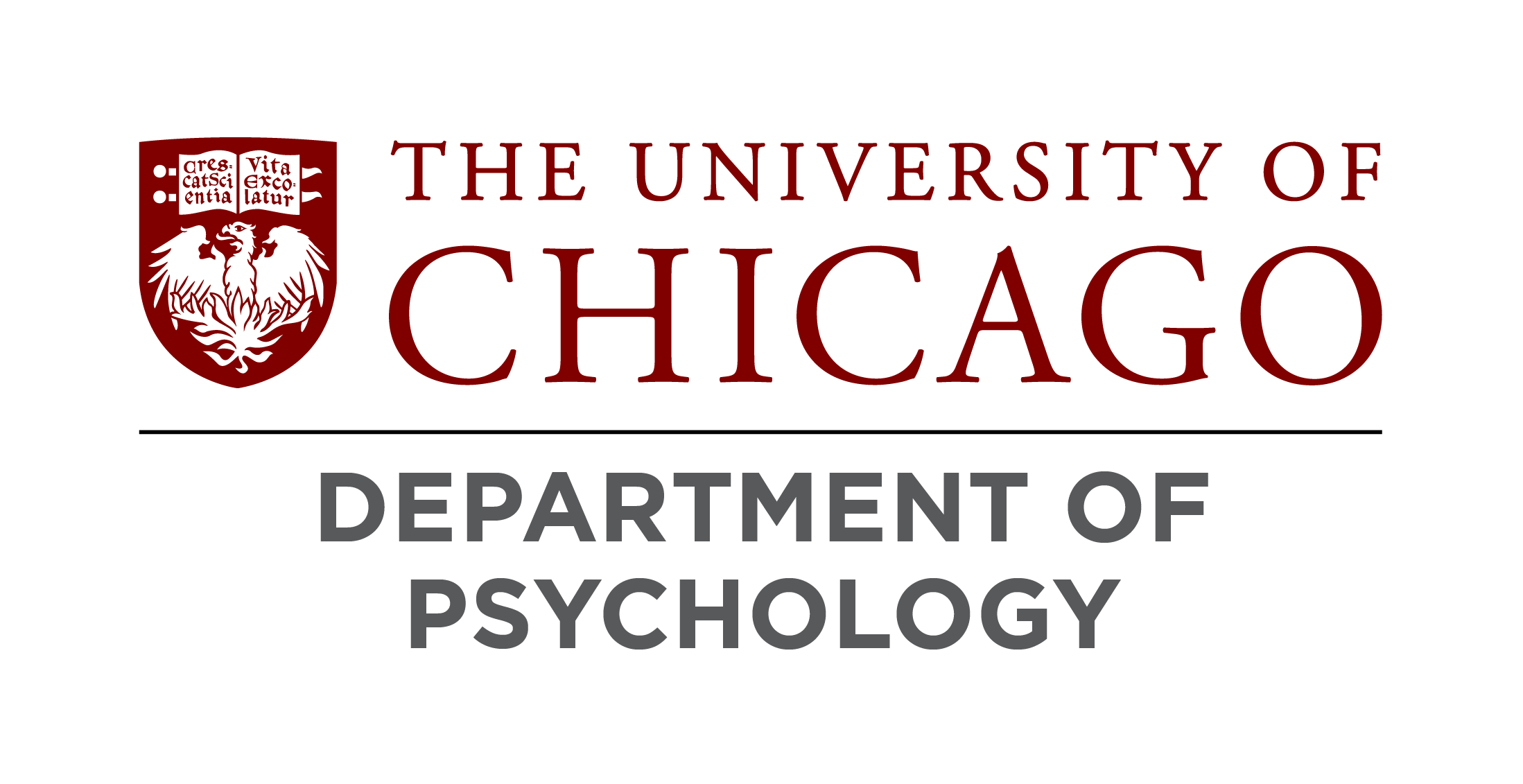Integrative Neuroscience
About the Program
The notion that 100 billion neurons give rise to human behavior proved daunting up through the 20th Century because neuroscientists were limited by existing technologies to studying the properties of single neurons or small groups of neurons. Characterizing simple neural circuits has led to an understanding of a variety of sensory processes, such as the initial steps in vision, and motor processes, such as the generation of locomotion patterns. However, unraveling the neural substrates of more complex behaviors, such as the ability to pay attention to relevant events in its surroundings or the ability to understand the likely events going through the mind of another, remains one of the major challenges for the neurosciences in the twenty-first century. In contrast to simple behaviors, these complex behaviors depend on interactions within a network of different brain structures. Studying the neural bases of complex behaviors, thus, requires an integrative neuroscience approach.
The Integrative Neuroscience graduate program at the University of Chicago is designed to provide the training and research opportunities for the next generation of behavioral, cognitive, and social neuroscientists. Behavioral, cognitive, and social neuroscience represent three complementary and partially overlapping aspects of this integrative neuroscience of mind and behavior. Behavioral neuroscience places an emphasis on the biological mechanisms underlying basic behavioral processes; cognitive neuroscience places an emphasis on the biological mechanisms underlying cognition, with a specific focus on the neural substrates of mental processes and their behavioral manifestations; and social neuroscience places an emphasis on the biological mechanisms underlying social processes and behavior, including the ability to perceive and communicate mental states including the beliefs and desires of others and to form and maintain interpersonal and group relationships. The University of Chicago is optimally positioned to meet this challenge because its unique academic structure facilitates interactions across disciplinary perspectives.
Faculty Advisers in Integrative Neuroscience: Edward S. Awh, Wilma A. Bainbridge, Akram Bakkour, Marc G. Berman, Jean Decety, David A. Gallo, Leslie M. Kay, Yuan Chang Leong, Sarah London, Daniel Margoliash, Greg J. Norman, Howard C. Nusbaum, Brian J. Prendergast, Monica Rosenberg, Steven K. Shevell, Edward K. Vogel, Jai Yu
 THE UNIVERSITY OF CHICAGO
THE UNIVERSITY OF CHICAGO

